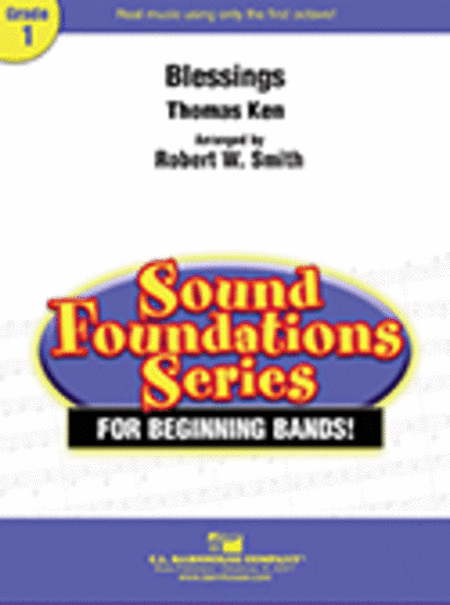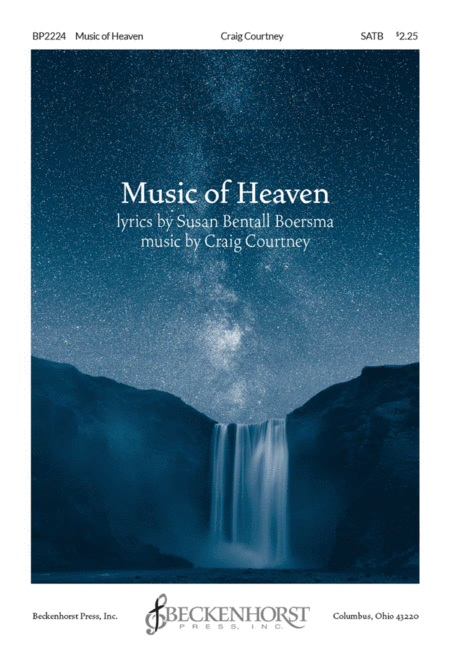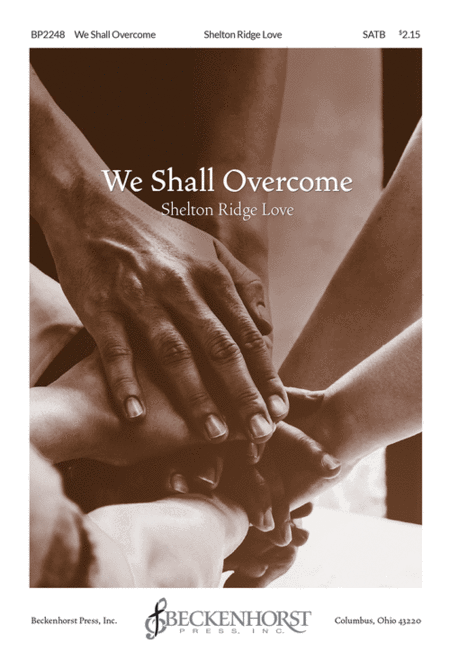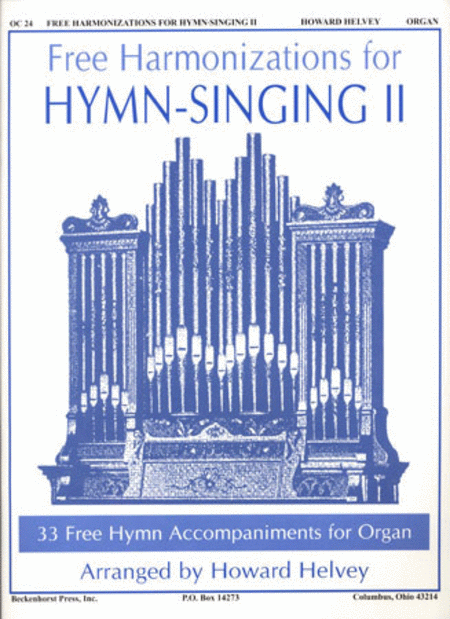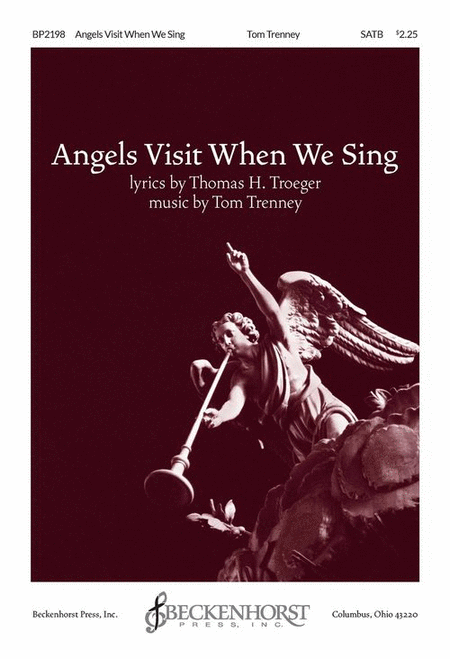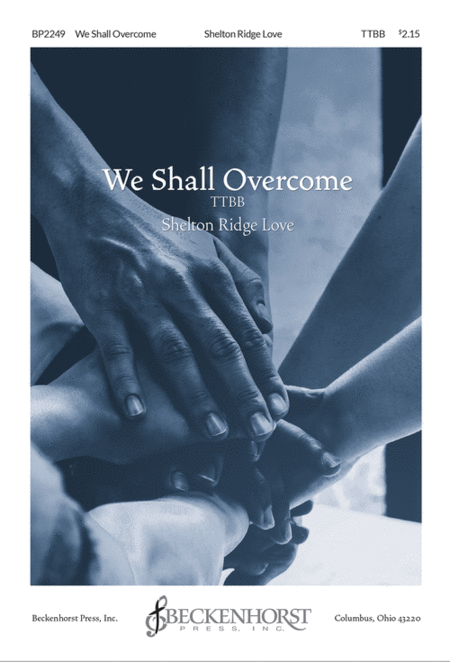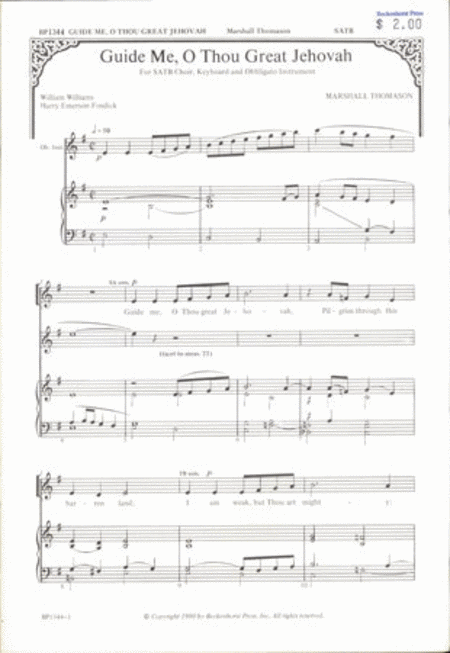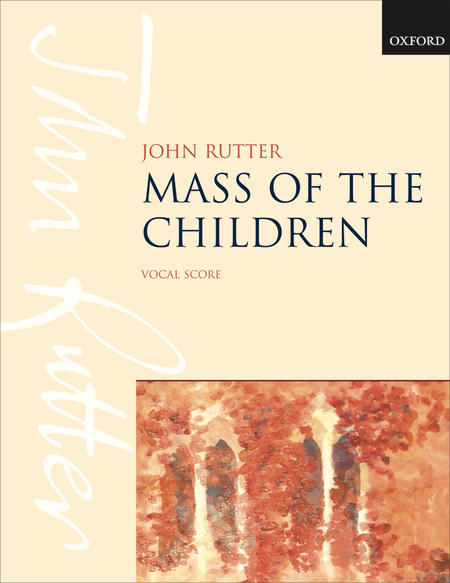Thomas Ken (1637 - 1711)
 Royaume-Uni
Royaume-Uni
 Royaume-Uni
Royaume-UniThomas Ken (July 1637 ? 19 March 1711) was an
English cleric who was considered the most eminent
of the English non-juring bishops, and one of the
fathers of modern English hymnology.
Although Ken wrote much poetry, besides his hymns,
he cannot be called a great poet; but he had that
fine combination of spiritual insight and feeling
with poetic taste which marks all great
hymnwriters. As a hymnwriter he has had few equals
in England, he wrote Praise God from whom all
blessin ... (Read all)
Source : Wikipedia
English cleric who was considered the most eminent
of the English non-juring bishops, and one of the
fathers of modern English hymnology.
Although Ken wrote much poetry, besides his hymns,
he cannot be called a great poet; but he had that
fine combination of spiritual insight and feeling
with poetic taste which marks all great
hymnwriters. As a hymnwriter he has had few equals
in England, he wrote Praise God from whom all
blessin ... (Read all)
Source : Wikipedia
FREE SHEET MUSIC HYMN - SACRED
Active criterias:
VISITOR MEMBER
Search #Hymn - Sacred
| ||||||||||||||||||||||||||||||||||||||||

